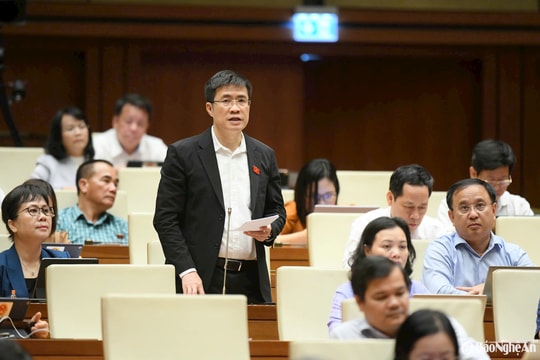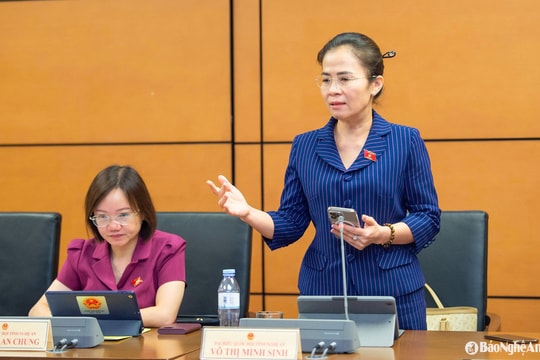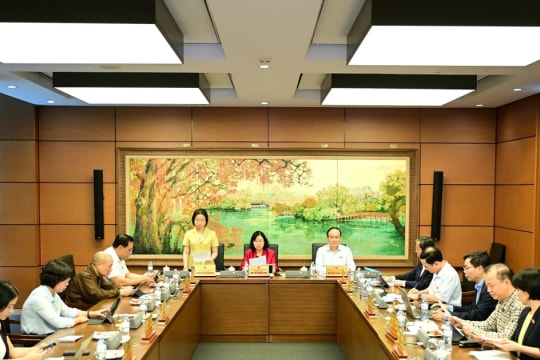Amendments to the State Budget Law: Increasing decentralization, delegation of power, and initiative of local budgets
On May 26, the National Assembly discussed the draft Law on State Budget (amended) to overcome the limitations of the current law after more than 8 years of application. The draft focuses on innovation in decentralization, delegation of power, and increasing local budget autonomy.
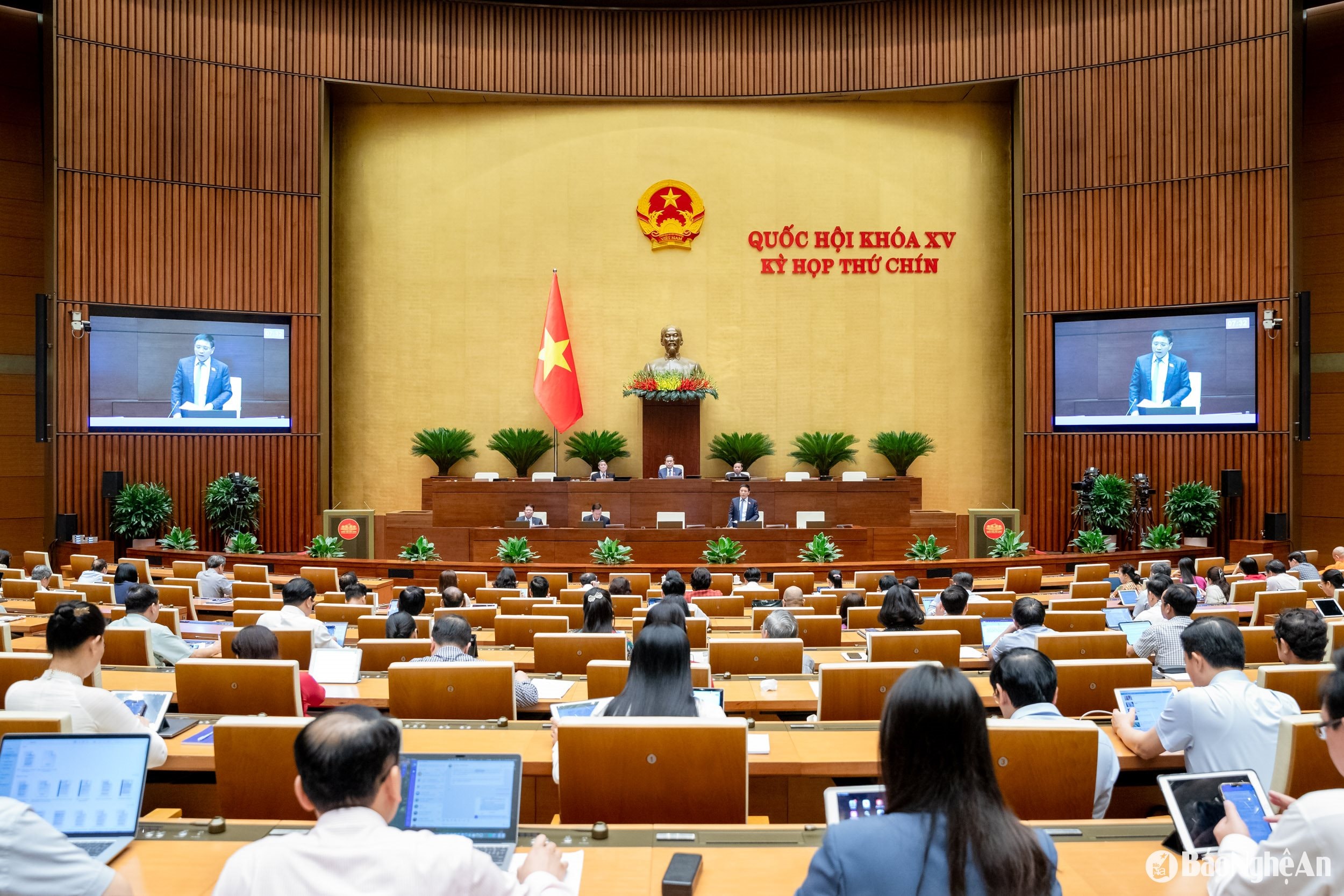
After more than 8 years of implementation, the 2015 State Budget Law has made an important contribution to the effective and transparent management and use of the state budget, making an important contribution to the socio-economic development of the country.
However, in the new context, with changes in the economy, society and international situation, the Law has revealed a number of limitations and inadequacies that need to be amended and supplemented to suit reality and meet the requirements of development and growth at double digits.
The Draft Law has 7 chapters, including 76 articles, of which 13 are amended and completed and 14 are newly added compared to the current law.
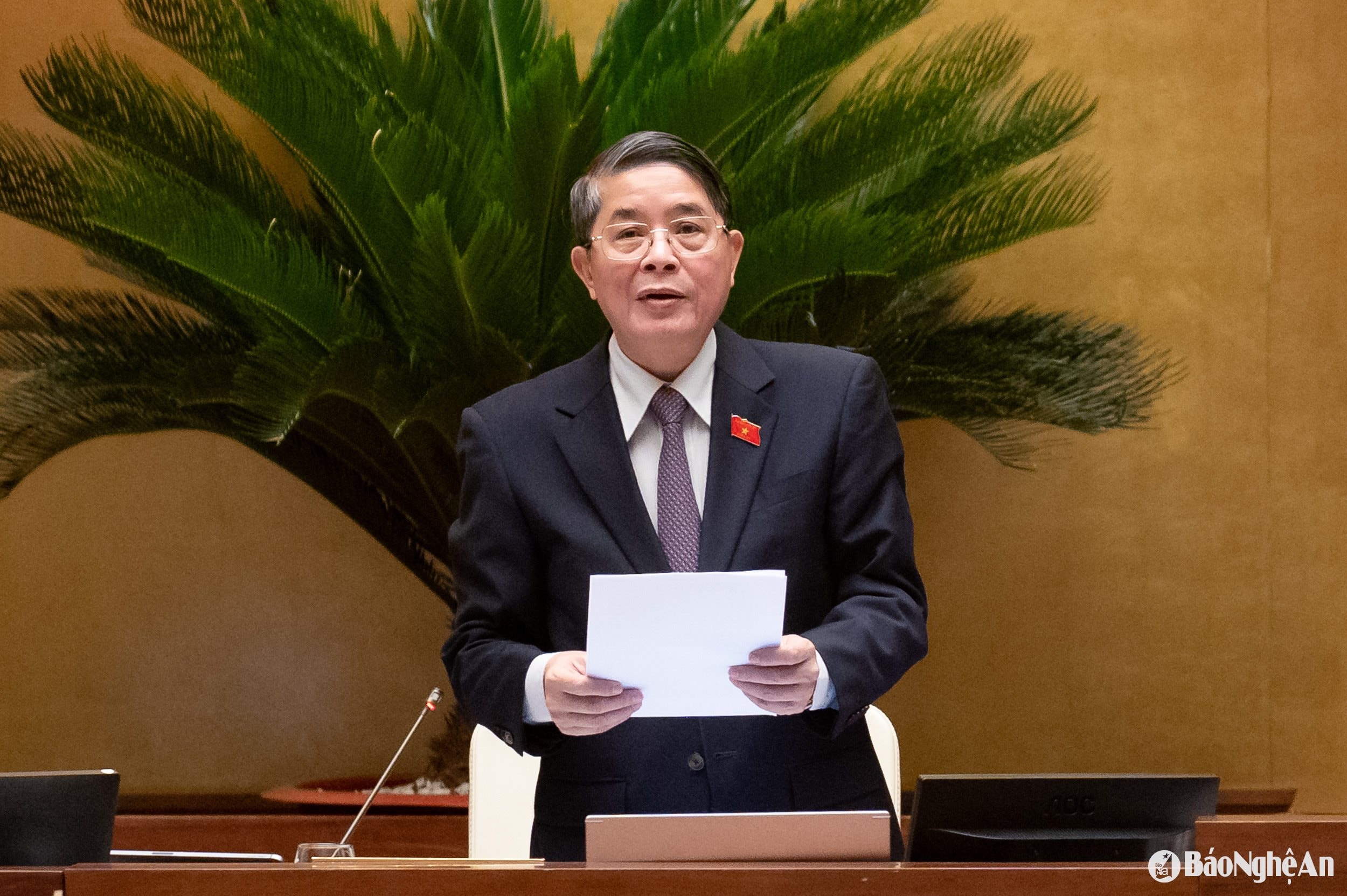
In particular, the draft Law proposes 5 contents of decentralization and delegation of power, including: Regulations on the authority of the National Assembly and People's Councils at all levels in localities to decide on state budget expenditure estimates, detailed according to development investment expenditure and regular expenditure, but not deciding in detail on the fields of education - training, vocational training, science, technology, innovation and digital transformation; deciding on budget allocation for ministries, central agencies, agencies, units and localities, detailed according to development investment expenditure and regular expenditure.
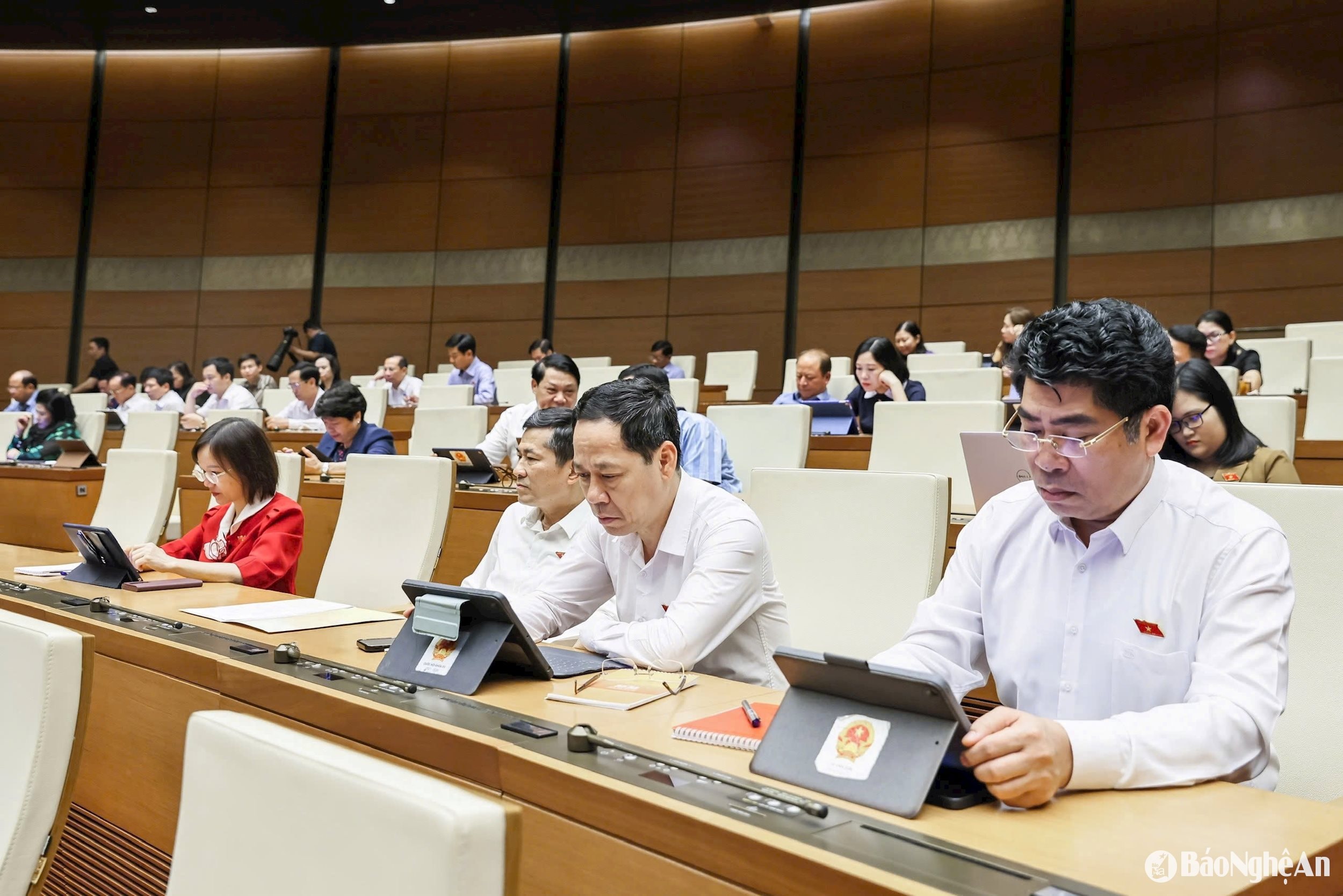
Regulations on the Government's authority to adjust the revenue and expenditure estimates of a number of ministries, central agencies and a number of localities (currently under the National Assembly Standing Committee); adjust the deficit and the level of local government debt decided by the National Assembly within the scope of the state budget deficit (currently under the National Assembly).
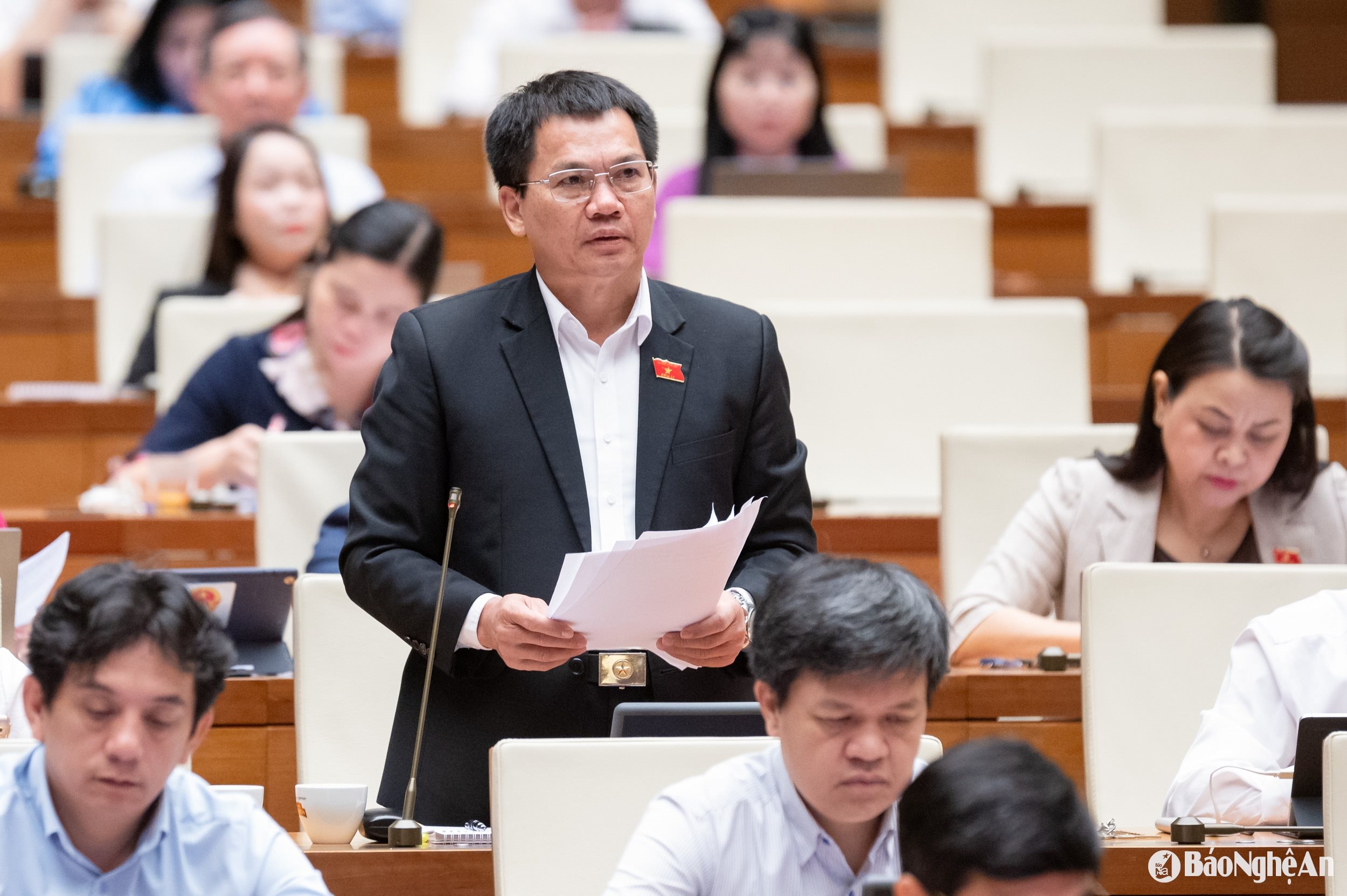
Supplementing regulations on the duties and powers of Ministers, heads of ministerial-level agencies, government agencies and other central agencies, and heads of budget estimate units regarding accountability related to the preparation, allocation, administration and settlement of the state budget when requested.
Supplementing regulations on the tasks and powers of the Provincial People's Council to be allowed to issue a number of fees and charges outside the list prescribed by the Law on Fees and Charges; deciding on budget expenditure regimes for a number of social security expenditure tasks, local regimes and policies; deciding to assign the Commune People's Council to issue policies and regimes suitable to the actual situation in the locality.
Supplementing the regulation on the People's Committee adjusting the local budget estimate (currently under the Standing Committee of the People's Council); responsibility to explain to the competent authorities when requested. For the People's Committee at the provincial level, supplementing the authority to decide specifically on a number of regimes, standards, and budget expenditure norms assigned by the People's Council.
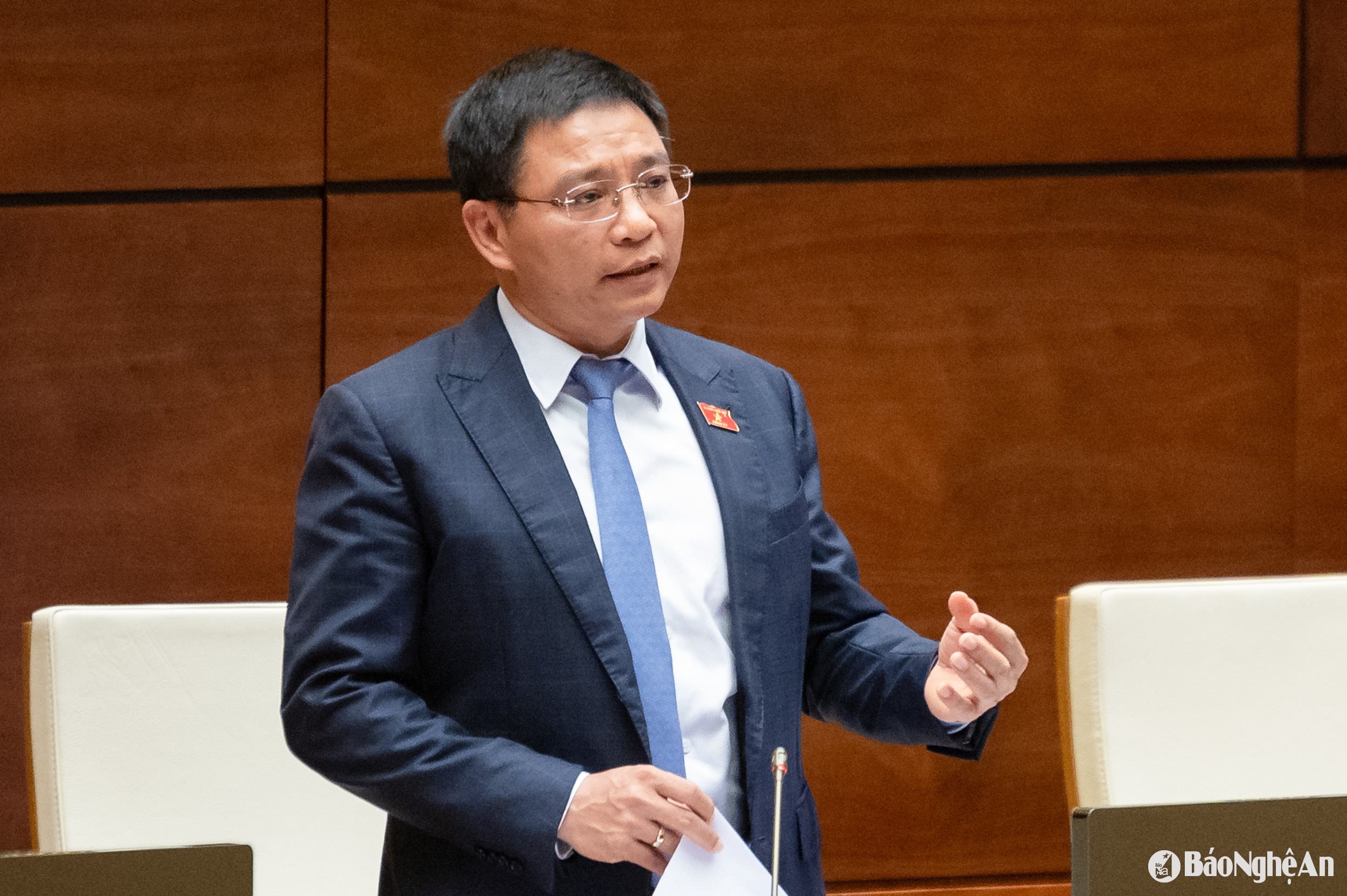
At the discussion session on the morning of May 26, the majority of National Assembly deputies agreed to promulgate the Law on State Budget (amended) to institutionalize the policies and orientations of the Party and State on the state budget. Innovate the mechanism of decentralization of revenue sources and expenditure tasks, ensure the leading role of the central budget, and increase the initiative of local budgets.
At the same time, the responsibilities and powers between the Central and local levels are divided, linked to the rights and responsibilities of each level according to the motto that the level that implements most effectively and promptly will be assigned to that level; the locality decides, the locality does, the locality is responsible...
At the same time, the delegates also contributed their opinions on a number of contents. Based on the discussion session, the National Assembly Standing Committee will direct the drafting agency, the reviewing agency and relevant agencies to study and absorb the comments to complete the draft law to be submitted to the National Assembly for consideration and decision.
During the working day, the National Assembly listened to the presentation and report on the review of the draft Law on Mutual Legal Assistance in Criminal Matters; the draft Law on Mutual Legal Assistance in Civil Matters; and discussed in the hall the draft Law on amending and supplementing a number of articles of the Civil Procedure Code, the Administrative Procedure Law, the Juvenile Justice Law, the Bankruptcy Law, and the Law on Mediation and Dialogue at Court.

